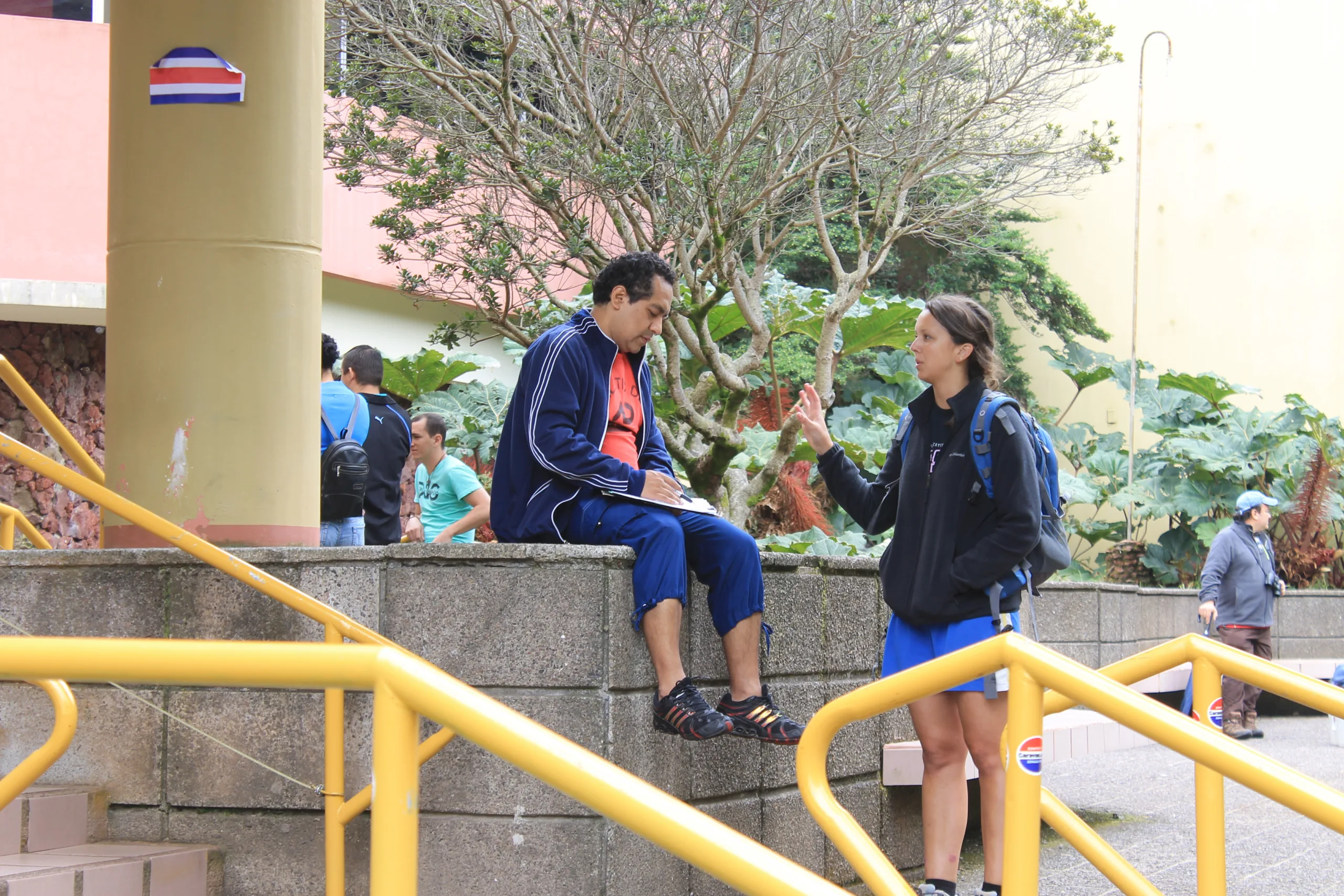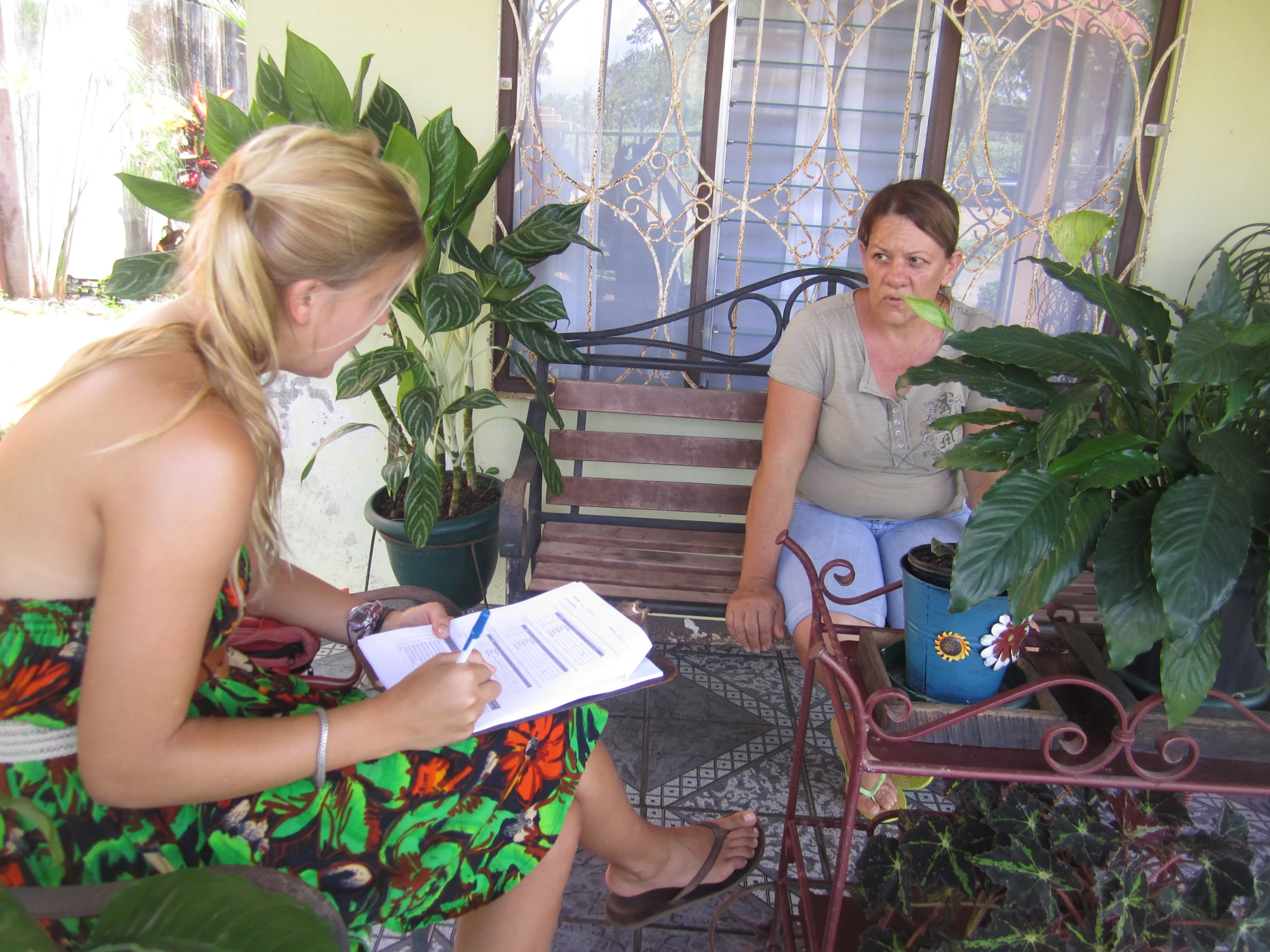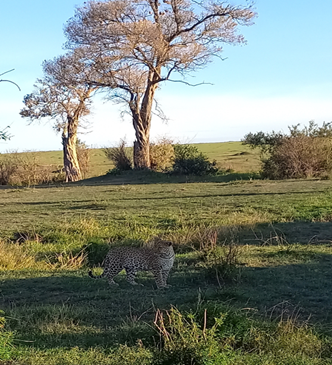SFS & Community Development Around National Parks
Management approaches for protected areas nowadays emphasize a perspective where they are intrinsically connected with surrounding human communities. Central to the academic work of The SFS Center for Sustainable Development Studies is providing (understaffed and underfunded) national parks with timely and pertinent information. For example, at Poas Volcano National Park — one of the most visited parks in Costa Rica with close to 300,000 visitors annually — during every session we conduct, with the support of students, a monitoring survey that helps to identify the main demands of visitors within the park and surrounding communities, and assess how such visits could be made more sustainable.


In a second project, an assessment of community capitals (social, human, political, financial, natural, etc.) and the nexus between communities and parks is currently underway. In a recent joint effort with SFS student Jesse Clifton (Fall 2012), we now better understand the relationship between local and external institutions, based on an assessment in nine rural communities around three national parks in the Central Volcanic Range Conservation Area. This is not a simple task due to complex institutional webs and roles these institutions play (or should play) in development. Specifically, there is uncertainty whether these two sets of institutions act as complements or substitutes.
While our initial model supports a relationship between the perceived strength of local institutions and development indicators, we fail to find such a relationship with the importance respondents place on the presence of external organizations in their community. The unobserved relationship may be due to lacking informal ties established by external institutions in these communities. As Costa Rica and the world continue to mature and enlarge its systems of protected areas, it becomes paramount to integrate with surrounding communities so that the development of the multiple stakeholders involved occurs sustainably.
Related Posts

Restoration on a Cinder Cone: A Syntropic Story

Camila Rojas: Alumni Spotlight⭐
